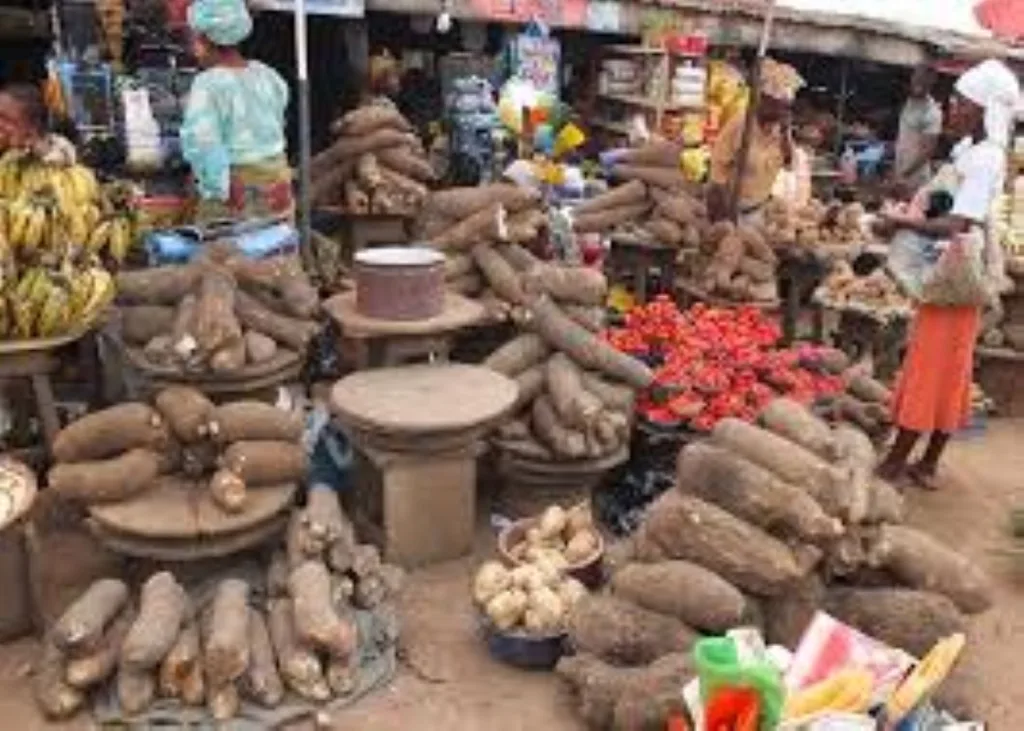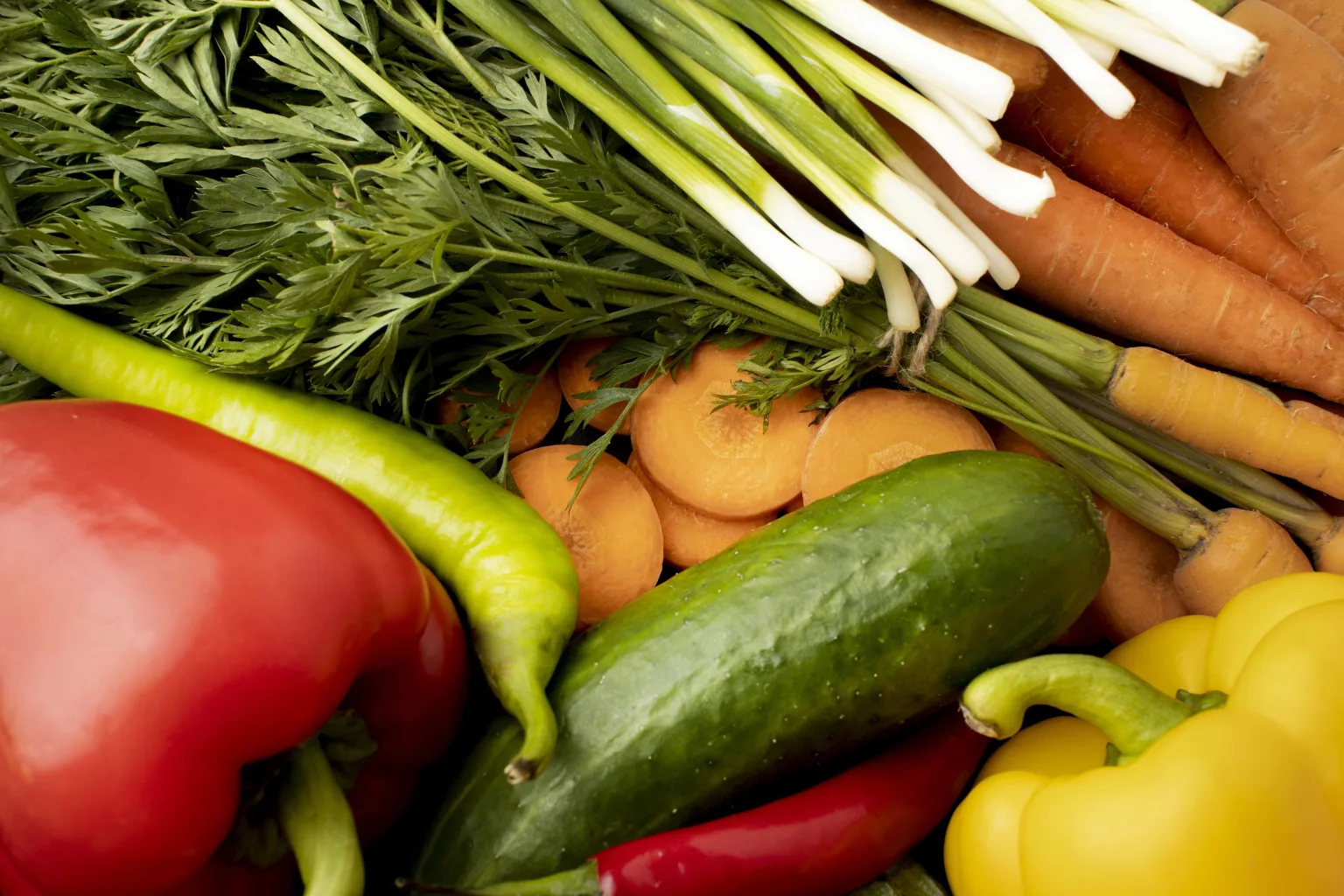The Federal Government has announced the suspension of duties, tariffs, and taxes on some essential food items imported through land and sea borders. This piece of information was given by the Minister of Agriculture and Food Security, Abubakar Kyari in the Federal Capital Territory, Abuja.
In recent times, food prices have skyrocketed to an unprecedented height in Nigeria. So, these announcements are done in a bid to ameliorate the sufferings of the poor masses due to food price hike. By taking this move, the Federal Government hopes to reduce food prices to their barest minimum.
The minister said that the listed food items, which include maize, wheat, husked brown rice, and cowpeas, would enjoy a 150-day duty-free import window.
He added that the move is part of the Presidential Accelerated Stabilisation and Advancement Plan, which is aimed at achieving food security and economic stability in the country.
Kyari added that the Federal Government had been working tirelessly to address the food inflation crisis, which has seen prices skyrocket to unprecedented levels.
He assured Nigerians that the government was committed to achieving food security and ensuring that no citizen goes to bed hungry.
“The Federal Government has announced a 150-day duty-free import window for food commodities, suspension of duties, tariffs and taxes for the importation of certain food commodities (through land and sea borders). These commodities include maize, husked brown rice, wheat and cowpeas. Under this arrangement, imported food commodities will be subjected to a Recommended Retail Price (RRP).
“I am glad to reiterate that the government’s position exemplifies standards that would not compromise the safety of the various food items for consumption. In addition to the importation by the private sector, the Federal Government will import 250,000MT of wheat and 250,000MT of maize.

The imported food commodities in their semi-processed state will target supplies to the small-scale processors and millers across the country”, he said.
Kyari said the Federal Government had also inaugurated the Renewed Hope National Livestock Transformation Implementation Committee to develop and implement policies that prioritise livestock development and align with the National Livestock Transformation Plan.
Speaking to FarmingFarmersFarms, an economist, John Peters said the development would contribute to boosting food security initiatives of the government. He, however, cautioned that the policy needs effective monitoring to ensure that the good intention is not defeated.
“We’ve had similar programme in the past. The problem is that without adequate monitoring and political will, not much can be achieved. The government should ensure that there are no loose ends to really make the policy work”, Peters said.

